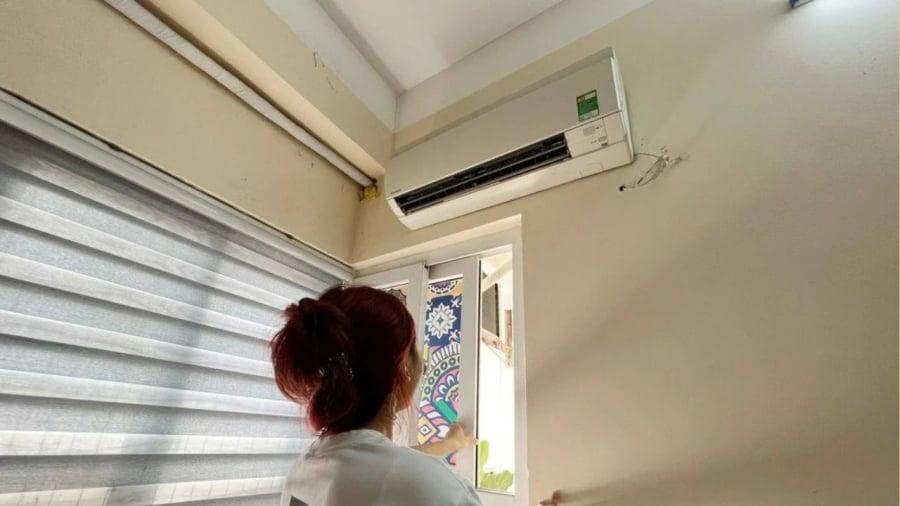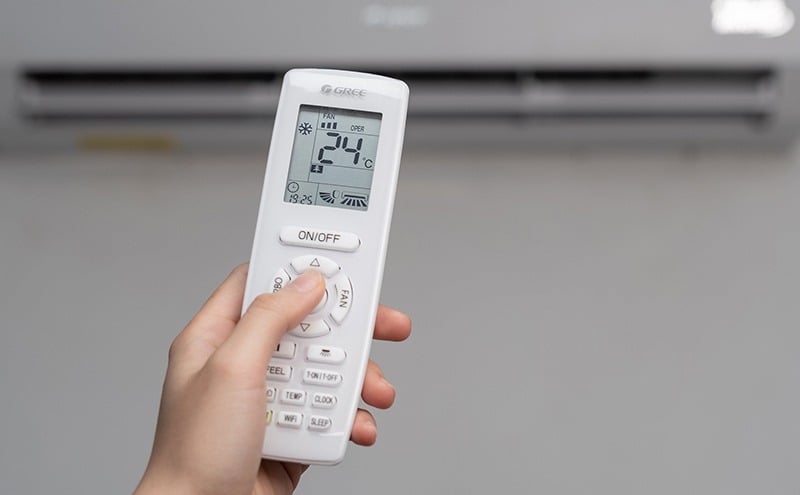Why You Shouldn’t Keep the Windows Completely Closed When Using Air Conditioning
Contrary to popular belief, the air in an enclosed room is not as clean as we think. Research suggests that indoor air quality can be up to five times more polluted than outdoor air. Keeping the windows closed and running the air conditioner continuously for extended periods can lead to a stuffy and stagnant environment, increasing the risk of respiratory issues and fatigue, especially for children and the elderly.
Therefore, instead of sealing all openings, consider slightly opening a window or installing a fan to promote air circulation. Additionally, investing in an air conditioner with air purification technology or purchasing an air purifier can be a wise decision for long-term health benefits.

Tips for Efficient and Safe Air Conditioner Usage:
1. Combine the Use of a Fan: Running a fan at low speed helps distribute cool air evenly throughout the room, reducing the workload on the air conditioner, resulting in energy savings and more effective cooling.
2. Set a Reasonable Temperature: Instead of setting an extremely low temperature (16-20°C), maintain a comfortable range of 24-26°C. This temperature strikes a balance between comfort, energy efficiency, and health considerations.
3. Opt for Energy-Efficient Models: Air conditioners with Inverter technology automatically adjust their cooling capacity based on the actual room temperature, providing stable performance without frequent on-off cycles. This technology significantly reduces energy consumption and prolongs the lifespan of the unit, making it a smart choice for households, especially during peak summer demand.

4. Regularly Clean or Replace Air Filters: Dirty air filters hinder the performance of your air conditioner, leading to increased energy consumption and potential air quality issues. To ensure optimal performance and energy efficiency, clean or replace the filters every 2-3 months, especially during heavy usage periods.
5. Avoid Sealing the Room Completely: While it’s essential to close the doors and windows when using air conditioning to maintain the desired temperature, complete sealing is detrimental. Leave a small gap or periodically open a window to allow for air circulation, improving indoor air quality and reducing respiratory issues associated with stuffy environments, especially in bedrooms.
6. Utilize Curtains and Insulation: Drawing the curtains or using insulating panels during peak sunlight hours reduces the amount of heat entering the room, lessening the burden on your air conditioner. This simple yet effective strategy helps maintain a comfortable indoor temperature while conserving energy.
































